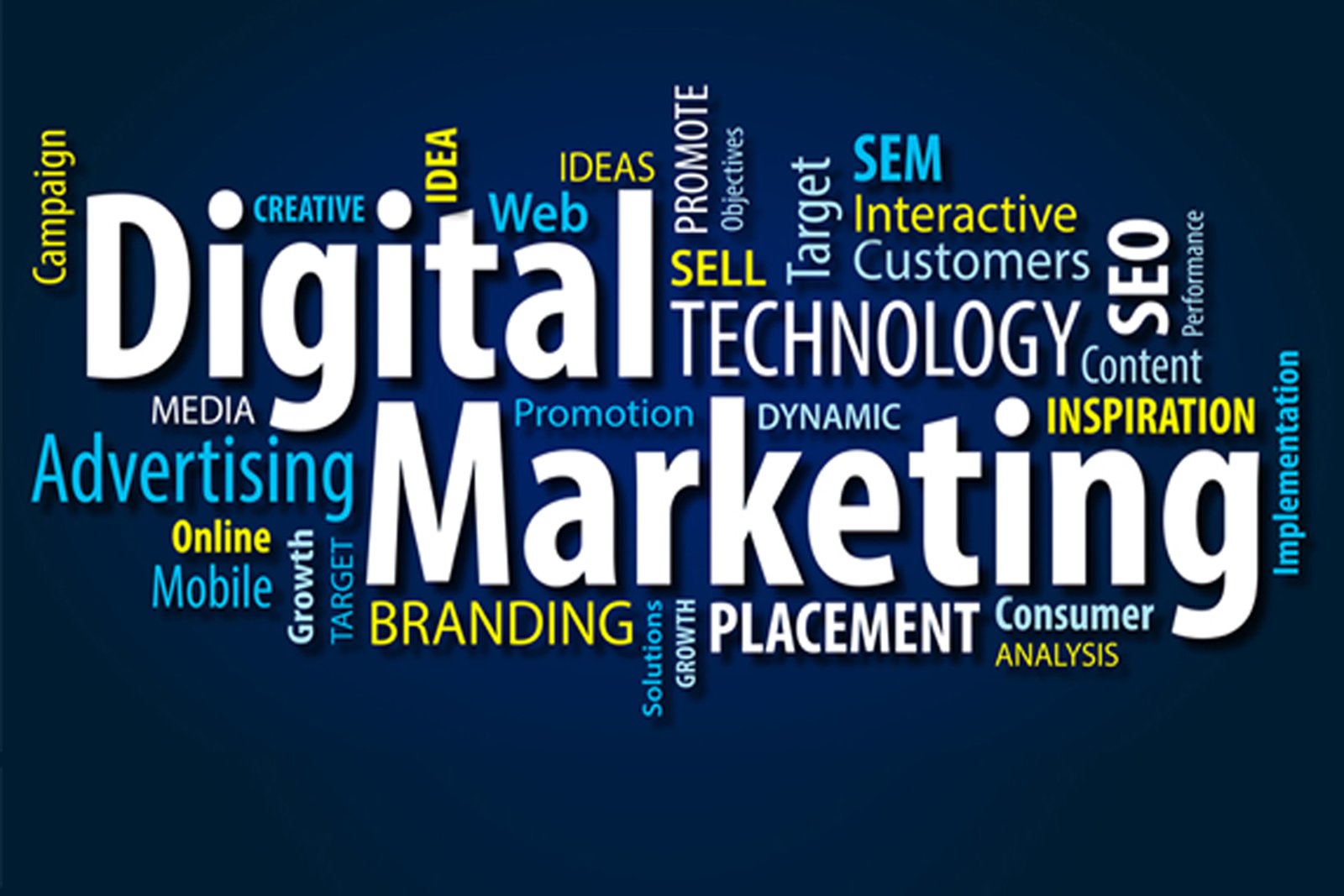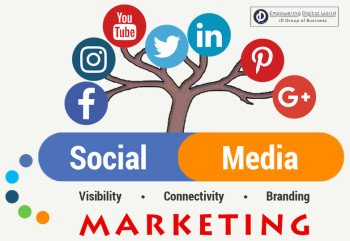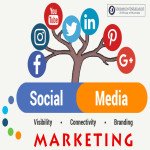Title: Navigating the Seas of Digital Marketing: A Comprehensive Guide
In today's hyper-connected world, where virtually everyone carries a powerful computer in their pocket, traditional marketing strategies are quickly becoming obsolete. As consumers spend more time online, digital marketing has emerged as the cornerstone of successful brand promotion and customer engagement. In this blog post, we'll delve into the dynamic world of digital marketing, exploring its various facets, strategies, and the ever-evolving landscape it operates in.
**Understanding Digital Marketing**
Digital marketing encompasses a broad range of activities aimed at promoting products or services using digital technologies. Unlike traditional marketing channels such as television or print media, digital marketing leverages the internet, social media, mobile devices, search engines, and other digital platforms to reach target audiences.
**Key Components of Digital Marketing**
1. **Search Engine Optimization (SEO)**: SEO involves optimizing your website's content and structure to rank higher in search engine results pages (SERPs). By improving visibility on search engines like Google, businesses can attract organic traffic and enhance their online presence.
2. **Content Marketing**: Content is king in the digital realm. Content marketing involves creating and distributing valuable, relevant, and consistent content to attract and retain a clearly defined audience. This may include blog posts, articles, videos, infographics, and more.
3. **Social Media Marketing**: With billions of active users, social media platforms like Facebook, Instagram, Twitter, LinkedIn, and TikTok offer unparalleled opportunities for businesses to engage with their audience, build brand awareness, and drive traffic to their websites.
4. **Email Marketing**: Despite the rise of social media, email marketing remains a powerful tool for nurturing leads and fostering customer relationships. Personalized email campaigns can deliver targeted messages directly to subscribers' inboxes, driving conversions and sales.
5. **Pay-Per-Click Advertising (PPC)**: PPC advertising allows businesses to bid for ad placement on search engines and other digital platforms. Advertisers only pay when users click on their ads, making it a cost-effective way to drive traffic and generate leads.
6. **Influencer Marketing**: Leveraging the influence of popular personalities or influencers can help brands reach a wider audience and build credibility. By partnering with influencers relevant to their niche, businesses can amplify their message and connect with consumers on a more personal level.
**Trends Shaping the Future of Digital Marketing**
1. **Artificial Intelligence (AI) and Machine Learning**: AI-powered tools and algorithms are revolutionizing digital marketing by enabling more personalized customer experiences, predictive analytics, and automation of repetitive tasks.
2. **Voice Search Optimization**: With the increasing prevalence of voice-activated devices like smart speakers and virtual assistants, optimizing content for voice search is becoming essential for businesses to remain competitive in the digital landscape.
3. **Video Marketing**: Video content continues to dominate social media feeds and online platforms. Businesses are increasingly investing in video marketing to engage audiences, tell compelling stories, and showcase their products or services in a more interactive format.
4. **Augmented Reality (AR) and Virtual Reality (VR)**: AR and VR technologies are offering immersive brand experiences that blur the line between the digital and physical worlds. From virtual try-on experiences to interactive product demos, these technologies are shaping the future of marketing.
5. **Data Privacy and Compliance**: With the implementation of regulations like GDPR and CCPA, data privacy and compliance have become top priorities for digital marketers. Businesses must prioritize transparency, consent, and data security to build trust with their audience.
**Conclusion**
In today's digital age, mastering the art of digital marketing is essential for businesses looking to thrive in a highly competitive market. By leveraging the power of SEO, content marketing, social media, email campaigns, and emerging technologies, businesses can effectively reach and engage their target audience, drive conversions, and build long-lasting relationships with customers. However, it's important to stay agile and adapt to the ever-evolving landscape of digital marketing to stay ahead of the curve and remain relevant in the eyes of consumers.




